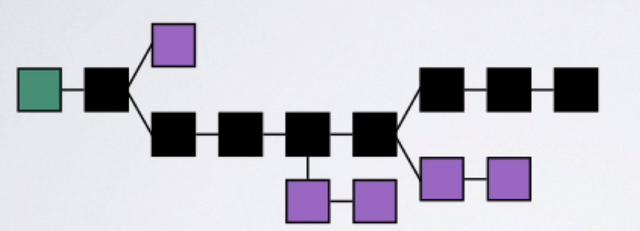RE: How to properly assess the health of IOTA's tangle.
Basic explanation
In Bitcoin once you submit a transaction with a transaction fee, there is not a 100% chance your transaction will be added to a block before it is forgotten by all nodes. If the fee is too low the transaction might never be confirmed. Once your transaction is confirmed in a block however, it's immutability is pretty certain. that certainty increases as more blocks are made on top of the one that contained your transaction. IOTA is the same way.
More thorough explanation
After the average confirmation time (in the case above, 4.2 minutes) a transaction has a (in the above case) 65% chance to be confirmed. Currently due to the milestone, once a transaction is considered confirmed, consensus is made and there is no chance of that transaction being unconfirmed.
In IOTA transactions are permanently recorded whether they are considered confirmed or not. This is similar to how in Bitcoin, every mined block is saved even if that block is not part of the longest chain and is considered unconfirmed. Once a transaction is confirmed, new transactions are continually placed on top of it, allowing for consensus to be made through Proof of Work, even though currently consensus is made via a milestone transactions.

If your transaction is left unconfirmed after the average confirmation time, users can simply do the necessary proof of work required and re-attach their transaction at the top of the tangle again. Wallet software like the Trinity wallet does this automatically if you are using the wallet, background re-attaching will be added soon so that this is done even when the application is closed as well.
For further details, a basic technical explanation of IOTA's consensus algorithm can be found here:
Since I used Bitcoin for most of my comparisons, here's my favorite technical explanation of it as well:
Thanks for the explanation and links to further information. I do like how newer wallets will keep trying to ensure a transaction does get confirmed eventually, but it certainly feels... weird. :)